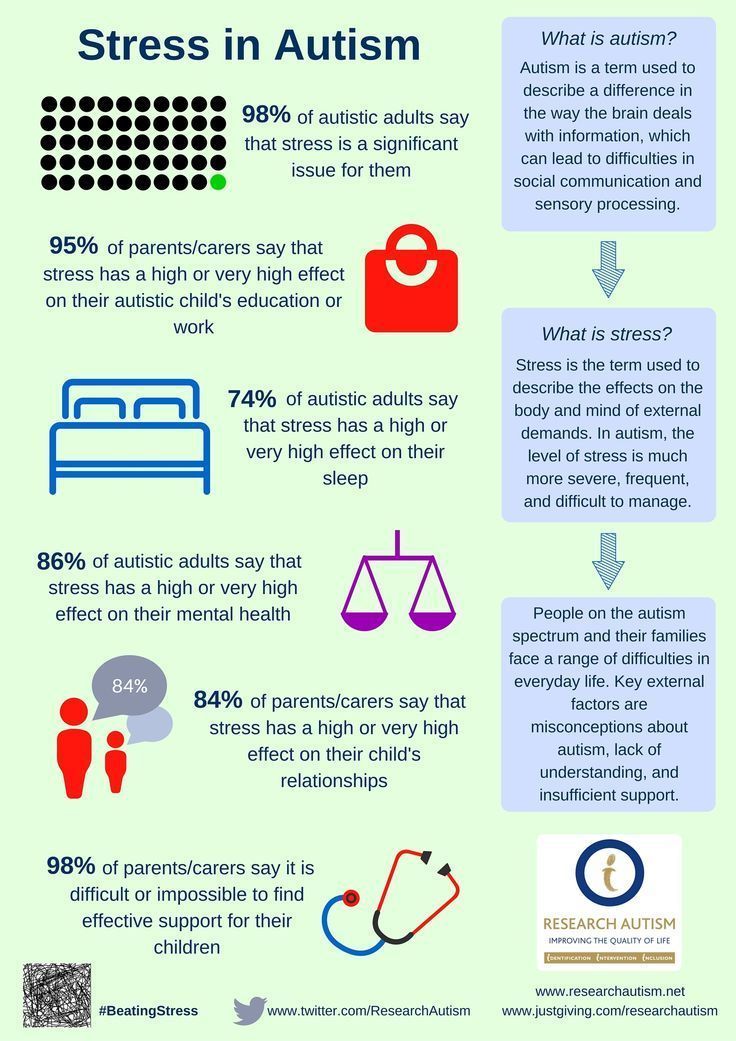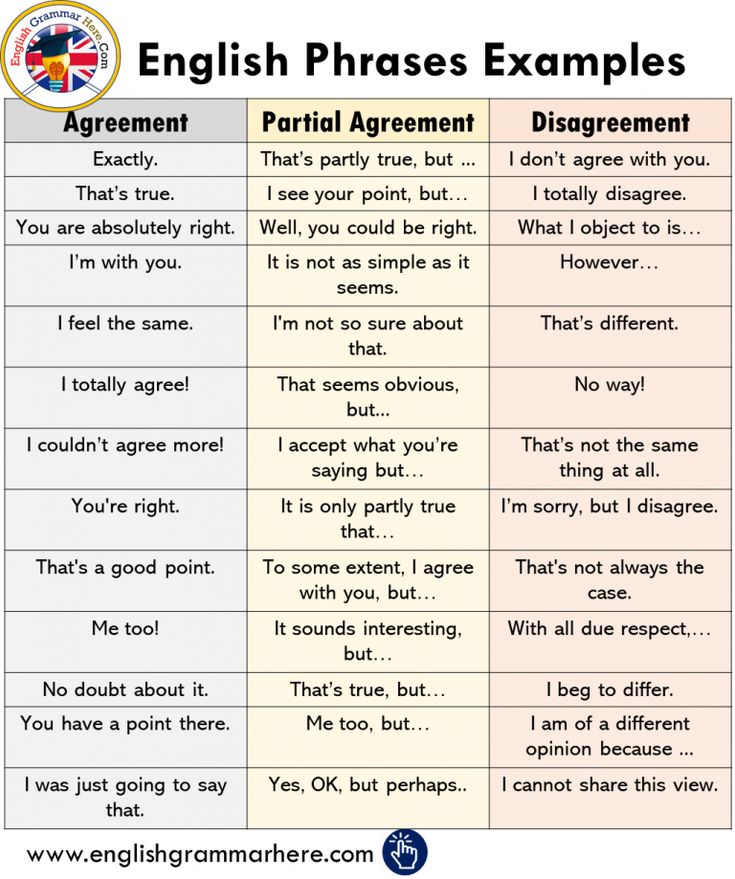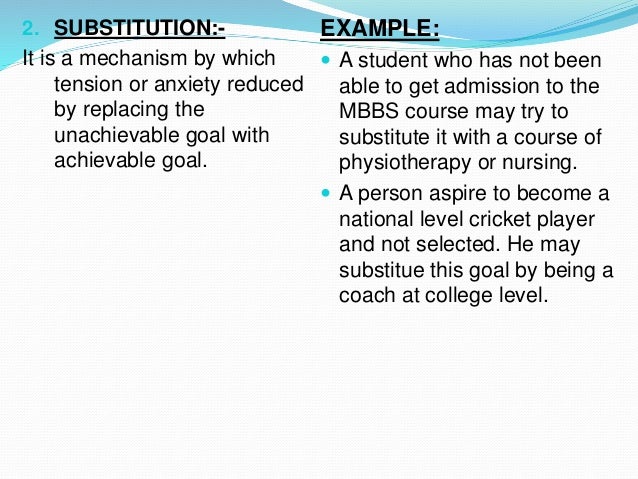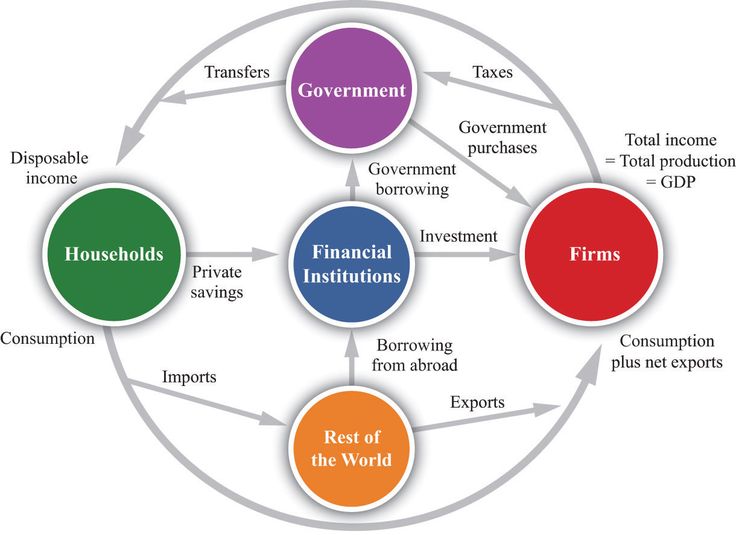Signs of brainwashing in children
Is Your Ex Brainwashing Your Kid?
Standing Strong for Your Rights
Controversial Condition Influences Countless Custody Cases Each Year
A mental disorder not yet widely recognized by the medical community is at the center of a debate among family law attorneys and mental health professionals alike. This disorder, known as “parental alienation syndrome” sometimes called “hostile aggressive parenting”, involves the alleged brainwashing of a child by one parent in order to turn the child against the other parent. When a child succumbs to the negative influences of one parent, he or she will often see the other parent as an enemy or a source of fear. This situation commonly occurs in hotly contested custody battles.
Parental alienation syndrome is a term coined by child psychiatrist Richard A. Gardner in the 1980s. The circumstances of parental alienation may vary in severity from putting the other parent down in the child’s presence to relocating without reason to making false accusations of child sexual abuse with the intent to intentionally destroy the children’s relationship with the other parent.
While many children can deal with a parent occasionally badmouthing the other parent when irritated, most children cannot withstand the emotional turmoil of a parent’s determined malicious scheme of isolation from the other parent.
Of course, if actual abuse is present, a parent will be protective of their child. Such protective actions are not to be considered alienation. Additionally, the parent would be expected to have proof of the abuse allegations and to be cooperating with child protective services and other law enforcement agencies.
Often, in Texas, a social study evaluation will be completed which can reveal the parental alienation. This requires a court order and the participation of both parents and the children.
Parental Alienation Syndrome encompasses a wide range of behaviors. These include:
- Making unfounded allegations of sexual or physical abuse
- Making defamatory statements about the other parent (like that the parent is in a cult or has committed a criminal act)
- Not recognizing an older child’s preference to see a parent
- Refusing to let the child have any contact with the other parent in person, via telephone, through the mail or by e-mail
- Telling the child too many details about the marital relationship or reasons for the breakup
- Refusing to allow the children take their belongings between residences
- Not allowing the other parent access to or giving information to school or medical records and schedules of extracurricular activities
- Blaming the other parent for financial problems, the break up, etc.

- Using child to spy or gather information for the parent’s own use
- Parents scheduling events that interfere with the child’s visitation or discussing fun activities they will miss
- The parent asking the child about the other parent’s personal life
- Listening in on the children’s phone conversation with the other parent.
Douglas Darnall, Ph.D. designates three types of parental alienators according to the level of severity:
- Naïve alienators are parents who are passive about the children’s relationship with the other parent but will occasionally do or say something that can alienate. All parents will occasionally be naïve alienators.
- Active alienators also know better than to alienate, but their intense hurt or anger causes them to impulsively lose control over their behavior or what they say. Later, they may feel very guilty about how they behaved.
- Obsessed alienators have a fervent cause to destroy the targeted parent.

Frequently a parent can be a blend between two types of alienators, usually a combination between the naïve and active alienator. Rarely does the obsessed alienator have enough self-control or insight to blend with the other types. These three patterns of alienating behaviors are not intended to be used as a diagnosis. The types have not been validated sufficient for litigation.
Custody disputes can be significantly influenced by parental alienation syndrome. For example, even if allegations of abuse are unfounded, there can be a lengthy period of separation from the child while those allegations are investigated. During that time, a parent seeking to taint the child’s opinion can make strides in influencing the child.
Is Hostile Aggressive Parenting a Real Mental Disorder?
There is a push by some mental health professionals (including psychiatrists, psychologists, counselors, social workers and clinicians) to have parental alienation designated an official mental disorder for treatment purposes. Those advocates want to have the disorder included in a book called the Diagnostic and Statistical Manual of Mental Disorders (DSM), the definitive authority on recognized psychiatric disorders. The next version of the DSM will be released in 2013, so professionals seeking its recognition as a valid condition are busy performing and compiling research data to validate the effects of parental alienation syndrome.
Those advocates want to have the disorder included in a book called the Diagnostic and Statistical Manual of Mental Disorders (DSM), the definitive authority on recognized psychiatric disorders. The next version of the DSM will be released in 2013, so professionals seeking its recognition as a valid condition are busy performing and compiling research data to validate the effects of parental alienation syndrome.
While the debate about the recognition of parental alienation syndrome continues, it could very well be playing a role in your custody dispute. If you suspect parental alienation, or you need help with any other custody-related matter, you should contact a skilled family law attorney in your area for more information.
7 Signs Of Parental Alienation And Ways To Overcome It
A healthy home will help raise a healthy and happy child.
Research-backed
MomJunction believes in providing reliable, research-backed information to you. As per our strong editorial policy requirements, we base our health articles on references (citations) taken from authority sites, international journals, and research studies. However, if you find any incongruencies, feel free to write to us.
As per our strong editorial policy requirements, we base our health articles on references (citations) taken from authority sites, international journals, and research studies. However, if you find any incongruencies, feel free to write to us.
Image: Shutterstock
Disputes between parents can negatively impact the child. Parental alienation is when your partner or ex starts to brainwash your child against you. This behavior can affect the children’s mental health and cause them to behave unusually.
Abnormal behaviors such as being rude or scared, the sudden eruption of anger, and withdrawal, all directed towards one parent, can result from the influence of the other one on the child.
The continuous battle that is going on between the parents, such as separation or divorce, may cause alienation. Ultimately the child ends up with a scarred mind.
This post will tell you about parental alienation, its signs, ways to overcome it and maintain a healthy relationship with children.
What Is Parental Alienation?
When a parent tries to damage the relationship of the child or children with the other parent, it is called parental alienation. It is usually done by taking some extreme steps such as brainwashing, manipulating, or lying to the child about the other parent. The child could have severe behavioral and psychological issues, and their relationship with the other parent may be significantly damaged (1).
The parent who is alienating the child is called an alienator, and the other is called alienated.
We list a few parental alienation examples here to help you understand it more clearly. Note that every case is different, and these are just examples of certain situations.
- “Your mother doesn’t love you like she used to before. She has more friends now, and she likes to spend most of her time with them and not with you.” — Lying to the child.
- “Your father doesn’t earn much. I’m afraid he won’t be able to take good care of you.
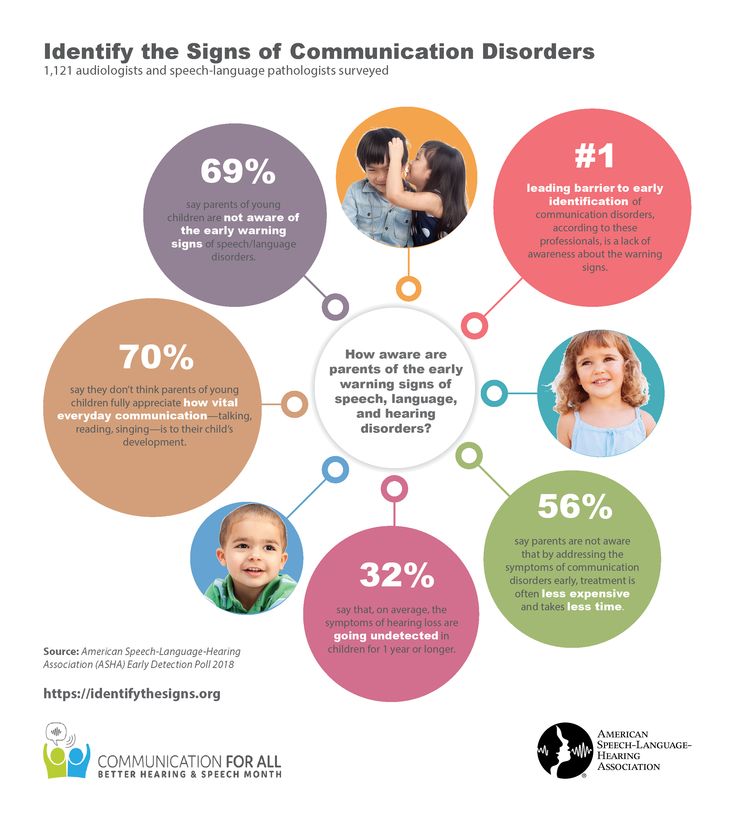 ” — Criticizing the partner and showing them in a bad light.
” — Criticizing the partner and showing them in a bad light.
- “I am the one who manages all your requirements. Your mother can do nothing for you. Still, you take her side and not mine?” — Showing anger or manipulating the child.
Related: 3 Signs Of A Manipulative Child And Ways To Deal With Them
Dealing with such harmful behavior by a parent is essential for the mental wellbeing of the child.
Signs Of Parental Alienation
Children who are being alienated from you behave differently. Some of the signs are listed here (2): Collaborate the signs of alienation with objective information to confirm whether it is alienation or not.
- The child may simply refuse to talk to or visit you, assuming everything said by the alienator parent is right. Or they may give a not-so-convincing reason for not meeting you. It could be termed as frivolous rationalization.
- The child may be rude and show hatred towards you and your extended family or friends.

Image: Shutterstock
- The child may have no feelings of guilt for their wrong behavior.
- The child may talk wrongly about you in front of others, say, teachers or friends. It could be regarded as spreading animosity.
- The child may perceive everything as ‘good’ or ‘right’ coming from the alienator parent, and ‘bad’ and ‘wrong’ about everything related to you. It could mean a lack of ambivalence from the child.
- The child may not accept anything positive coming from you. And they may always be taking the side of the alienator parent. It could be considered reflexive support.
Image: iStock
- The child may not be able to gauge what is right and wrong but believes whatever the alienator parent says.
Point to consider
Some other signs of parental alienation could be when your child parrots the other parent’s negative opinions of you or your child refuses to spend time or attend events with you.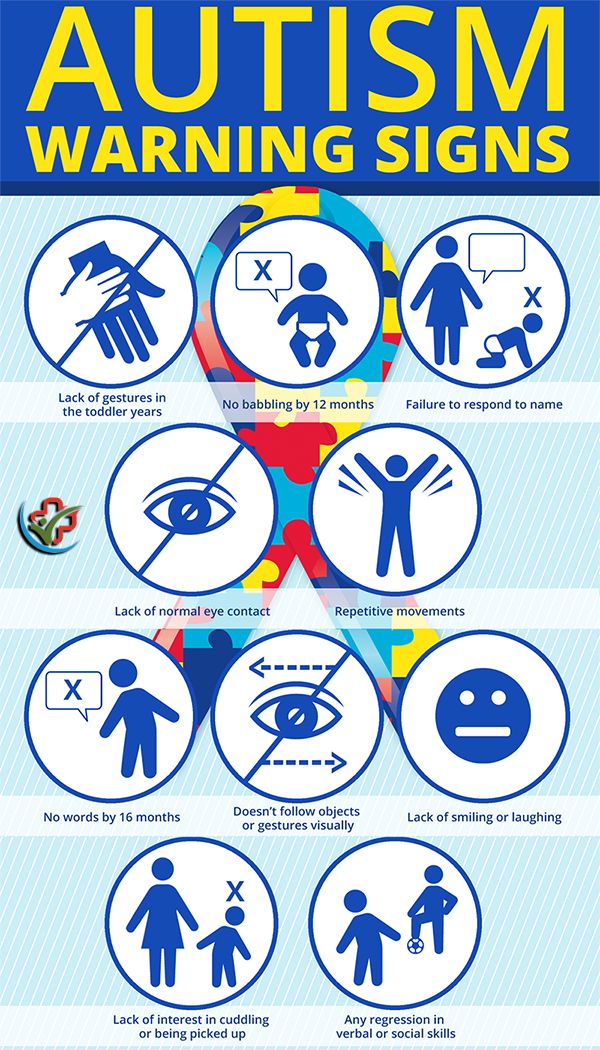
Your child is getting affected, and your relationship with them is being damaged. You cannot be silent about it. But how do you deal with such a situation?
Tips On Fighting Parental Alienation
Your spouse or ex is trying to keep you away from your child. You know they are wrong, and parental alienation needs to stop. Check out some tips to help yourself to fight it.
- Collect proof: When you suspect your ex or spouse is trying to alienate you from your child, you need to record all the evidence. If they texted you or called you to say, ‘stay away from my child,’ or ‘you are not fit to take care of my child,’ or something similar, then save the text or record all calls with them. Keep gathering such evidence that may help you prove parental alienation in the court. However, communicate and try to resolve the problem first before proceeding with this action. Also, in some geographical regions it is illegal to record without consent.
- Figure out and record patterns: You may begin to understand your child is being alienated from you when they start reacting unusually.
 This is when you should make a note of it. For instance, make a note when the child said, ‘you are bad,’ or refused to meet you, along with the date and context. Recording these patterns will be easy for you to analyze your child’s changing behavior, and you may be able to help them.
This is when you should make a note of it. For instance, make a note when the child said, ‘you are bad,’ or refused to meet you, along with the date and context. Recording these patterns will be easy for you to analyze your child’s changing behavior, and you may be able to help them.
Related: 8 Common Child Behavior Problems And Solutions
- Talk to your children: It may be challenging to find an opportunity to even talk to your child. But when you do, sit down with them and help them understand what is happening, and how much you love them. Remind them of those good times when you had great fun together. Explain to them that those days can come back, and they will be taken care of and be loved without any conditions. It is paramount to talk with the parent alienator, as well, about the problem on hand.
Image: iStock
- Tread carefully and make no mistakes: Your ex or your spouse may have put a lot of blame on you.
 Instead of reacting to it, you should stay strong and prove them wrong. See that your positives are coming out. Even if you are angry, try to calm down because even a single wrong act may tilt the scales further to their side.
Instead of reacting to it, you should stay strong and prove them wrong. See that your positives are coming out. Even if you are angry, try to calm down because even a single wrong act may tilt the scales further to their side.
- Hire a legal representative: If the need arises, contact a legal representative too to protect your child. Give them all the proofs you collected and explain the situation clearly. It may not be easy to make the judiciary understand what you are going through but approaching them with the help of a lawyer and sufficient evidence could help.
- Do not give up: Fighting and proving that you are right, and your ex or spouse is wrong could be bothersome and exhaustive too. But you should carry on the fight for your children, who are victims of parental alienation and being used by your ex for their benefit. Your kids might be telling on you or bad-mouthing you but understand that they may have been brainwashed.
 So, never give up fighting for them.
So, never give up fighting for them.
- Reunification therapy: When a child is wrongfully alienated from one of the parents, parental reunification therapy helps in reuniting them. One can get into the therapy voluntarily or by a court order.
Parental alienation may have a serious impact on the child or children. Though the child may not be able to perceive it, the effects may continue for many long years. The cycle may repeat in next generation by the affected child.
Do remember
It is also vital to prioritize your own well-being when dealing with parental alienation. This may include finding ways to manage stress, seeking support from friends and family, and taking time for self-care.
Effects Of Parental Alienation
Children require love and affection from both parents. When one parent alienates the child from another parent, the child is disturbed and may have psychological problems (3) (4).
- Anxiety and depression: It could be confusing for a child to assess what is right and what is wrong.
 The confusion may leave the child lonely. Spending time isolated from others and thinking over and over about the parents and their relationship may cause anxiety issues and sometimes severe depression.
The confusion may leave the child lonely. Spending time isolated from others and thinking over and over about the parents and their relationship may cause anxiety issues and sometimes severe depression.
Related: Parent-Child Relationship: Why Is It Important And How To Build It
- Anger issues: When a parent manipulates the child or instills negativity and hatred for the other parent in their mind, it has an adverse impact and makes the child upset or even angry with the parent. Eventually, they may develop anger issues and experience frustration, distress, and aggression. Some children may turn rude and even disrespectful as they grow up. This could go on for years.
- Fear: Parental alienation may make the child feel rejected by a parent. This may develop the fear, which could aggravate as the child grows. They may fear about the future, about how the parent would react, and assume problems that don’t exist.

Image: Shutterstock
- Sleep and eating disorder: When a child is worried, it may affect their sleeping and eating patterns. Some may be troubled with nightmares, some may don’t eat well, or some may develop disorders such as insomnia, or obesity.
Related: 10 Helpful Ways To Deal With Insomnia In Children
- Lack of focus: When a child is disturbed, they may have trouble focusing. Some of them could even lose interest in studies, thereby resulting in bad grades.
- Low self-esteem: Not getting proper care and the deserved attention from the parents may make the child doubt themselves. They may be afraid of trying new things in life. And may end up having low self-esteem or low confidence.
- Others: Some other effects of parental alienation on children could be self-destructing behavior, panic attacks, poor relationships, social identity issues, diminished activity, memory loss, and regressive behavior.

Be watchful
Parental alienation may also have legal and financial ramifications, such as changes in custody arrangements or seeking legal remedies to fix the issue.
You can use mediation to sort the issue with your spouse or go legally to protect your child. You may have to go ahead with litigation and then trial. Make sure you know the law for parental alienation and ensure that you have the necessary evidence too.
Parental Alienation Checklist
Some courts may use a checklist to identify the behavior of a child and to relate it with parental alienation. The standard checklist includes:
- Bad-mouthing about the other parent
- Lying to the child that the other parent no more loves them
- Expressing anger or withdrawing love to pull the child away from the other parent
- Making the child dependent and creating a distance between them and the alienated parent
- Limiting contact of the child with the alienated parent
- Pressurizing or forcing the child to pick one of the two parents
Image: iStock
- Brainwashing the child that the other parent could be dangerous
- Not allowing the other parent to visit the child
- Making the child check on or spy on the parent
- Changing the child’s name so that there’s no association with the other parent
- Hiding the information of a child with the alienated parent
- Making the child call or meet a step-parent
- Telling their child not to call the other parent as ‘mom’ or ‘dad,’ and instead, asking them to call by their name
- Creating fear in the child about the court, trial, and litigation procedures
- Interfering between the child and parent’s communication
- Limiting the pictures of the child with the other parent
This checklist could be used by the attorneys and the judge in understanding the situation and also the proof as presented by the alienated parent.
Parental Alienation vs Parental Alienation Syndrome
Many people do get confused between parental alienation and parental alienation syndrome or PAS. But these two are different from each other. Dr. Richard Gardner, a psychiatrist, coined the word parental alienation syndrome in 1985, which describes the effect or outcome of alienation on the child (1).
Parental alienation is not considered a mental illness by the Diagnostic Statistical Manual of Mental Disorders (DSM). But, the ‘child affected by parental relationship distress’ or CAPRD is included in the DSM. CAPRD is a relationship problem between the child and the parent. PAS is psychological; psychologists and other mental health professionals do diagnose on mental, emotional, or psychological issues or disorders.
1. What is narcissistic parental alienation?
Narcissistic parental alienation is when parents try to manipulate their children psychologically and convince them to show fear, anger, and disrespect towards the other parent.
2. Is parental alienation coercive control?
Yes. Parental alienation can be considered a form of coercive control as one parent is trying to control the other parent’s actions.
3. What should you not say to an alienated child?
Things that you should not say to an alienated child include:
- “You are telling a lie.”
- “That is not right.”
- “How could you talk to me in that tone?”
- “Who said this to you?”
- “You know it is not right.”
Parental alienation can do serious damage to the child’s mental and physical health. A child who is brainwashed against one parent by the other may not only become distant from the former but also begin to resent them and disrespect them. So if your child is showing such signs of alienation from you, take immediate action and stop it as soon as possible to prevent further damage. Remember, your relationship with your partner should not define and stand in the way of your relationship with your child.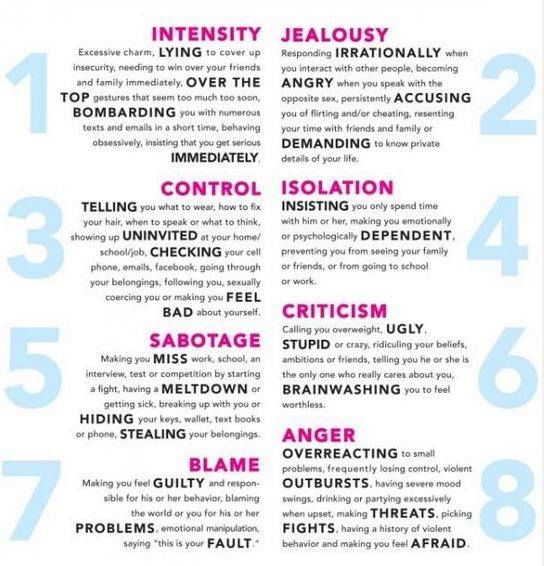 Rather than blaming your child, try gathering evidence to determine the root cause and seek legal help if necessary without jeopardizing your relationship with your child and affecting their emotional state.
Rather than blaming your child, try gathering evidence to determine the root cause and seek legal help if necessary without jeopardizing your relationship with your child and affecting their emotional state.
Key Pointers
- Parental alienation is brainwashing or manipulating children to damage their relationship with the parent.
- If you want to prove parental alienation from your ex or spouse, you must collect recorded evidence such as phone calls.
- You may try to talk to your kids and make them understand how much you love them.
References:
MomJunction's articles are written after analyzing the research works of expert authors and institutions. Our references consist of resources established by authorities in their respective fields. You can learn more about the authenticity of the information we present in our editorial policy.
1. J. Harman; ‘Parental Alienation’: What it means and why it matters; Colorado State University (2016)
2. A. M. Jaffe, M. J. Thakkar, and P. Piron; Denial of ambivalence as a hallmark of parental alienation; Clinical Psychology & Neuropsychology (2017)
A. M. Jaffe, M. J. Thakkar, and P. Piron; Denial of ambivalence as a hallmark of parental alienation; Clinical Psychology & Neuropsychology (2017)
3. Stoner-Moskowitz, J; The effect of parental alienation syndrome and interparental conflict on the self-concept of children of divorce; American Psychological Association (1998)
4. Parental Alienation Causes Short And Long-Term Damage To Children; National Parents Organization
The following two tabs change content below.
- Reviewer
- Author
How to keep a clear head when we are brainwashed
Personal qualities and skills Melia Marina Paolo Chiabrando / Unsplash There is not a person in the world who has not been manipulated at least once. No matter how smart and educated we consider ourselves, everyone will remember how more than once, not two, or even ten, he succumbed to the persuasion of a fraudster, for example, in the guise of a gypsy or a psychic, advertising, political propaganda. And it's good if you can just forget an unpleasant episode, but sometimes it affects our lives quite seriously.
And it's good if you can just forget an unpleasant episode, but sometimes it affects our lives quite seriously.
Let me give you an example. Two friends who once studied together at a prestigious Moscow university, then worked in the same company, were family friends, modern people, moreover, IT people, with a mathematical mindset, skeptical, ironic, suddenly became enemies overnight. Almost any conversation now ended in mutual attacks, insults, screams. Eventually they stopped talking altogether. And it all started with the fact that one half a year I worked in the Kiev branch of the company, watched TV and listened to the radio there, and the other stayed in Moscow and received information from Russian sources. When they met, each was convinced that the other had been brainwashed. And they were both right.
This is just one example, but today the front line is in offices, on social networks, in families. Hostility, aggression swept society. This worries me very much, both as a practicing psychologist and as a citizen.
In order to keep a clear head, to prevent discord in relations with loved ones, not to start massively “destroying” friends in social networks, it is important not to succumb to the glamor of suggested “knowledge”. And for this, let's try to figure out how the brainwashing mechanism works.
Brainwashing: how it works
The term brainwashing was first used in a sensational 1950 Miami News article by journalist (and CIA propaganda officer) Edward Hunter. He literally translated into English the Chinese expression "si-nao" - "brainwash": this is how they spoke of the methods of forced persuasion that the Chinese, brought up in the pre-revolutionary era, eradicated the "feudal" way of thinking.
Later, it was described in detail how during the Korean War (1951-1953), which was fought between two Koreas - South (among its allies was the United States) and North (on its side the Chinese army fought), the Chinese Communists in their ruled prisoner of war camps achieved profound behavioral changes in American soldiers, how psychological and physical influence destroyed the individuality of a person, his whole worldview was changed.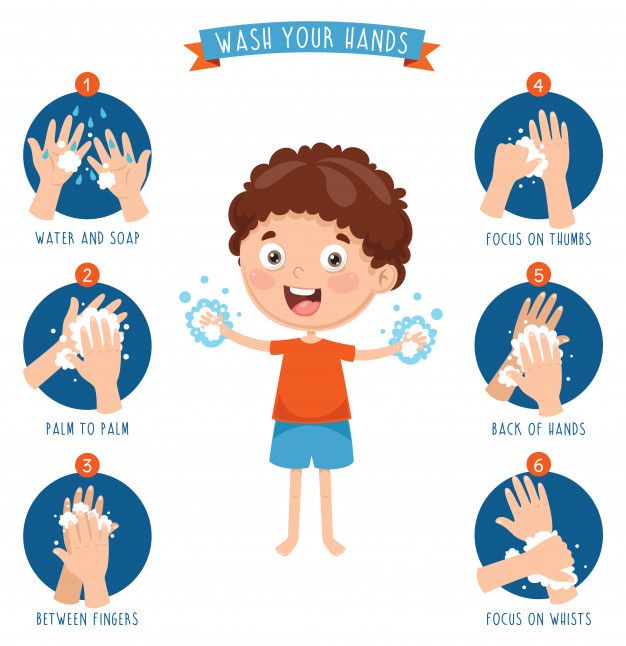
When manipulating mass consciousness, physical methods are not used, but the same psychological “three-part” mechanism is used: turn off the ratio (reduce critical thinking), cause fear (create a threat), put a person on the hook of a rescuer (offer a way out).
Turn off the ratio
Usually a person perceives the information received quite critically. People instinctively resist the new, do not take anything for granted. We scrutinize the shoes we're about to buy, sniff the food before we put it in our mouths, be suspicious of the news: "Come on, that doesn't happen." But when zombified, our ratio no longer works, and we are ready to believe in anything. Why? Our realistic adult is being turned into a frightened child. Criticism and all other means of psychological protection of the individual are “turned off” in our country. And we begin to operate with images and "facts" of artificially created and imposed on us social mythology. As Kozma Prutkov said, “many people are like sausages: what they stuff them with, they carry in themselves. ”
”
Cause fear
How do you turn an adult rational person into a trusting child? Threatening his basic needs. The harshest example is the brainwashing of American prisoners in Korean camps or people who have fallen into sects. At first, a person is isolated from the familiar environment and alternative sources of information so that the old attitudes and beliefs are not reinforced from the outside and the victim becomes completely dependent on the new owners.
Next comes the turn of vital human needs: they are deprived of food, sleep, basic amenities. Quite quickly, he becomes weak-willed and helpless: if basic needs are not satisfied, values and beliefs fade into the background. When the "object" is completely, physically and spiritually, exhausted, the owners begin to inspire him with new "truths". For good behavior - a rejection of previous views - little by little food is given out, they are allowed to sleep, and conditions are improved. Gradually, a person accepts a new value system and agrees to cooperate.
Paradoxically, the same method is used in advertising. Of course, we are not deprived of food, water or sleep, but we are immersed in an imaginary world of hunger, thirst, lack of the most necessary - the more talented advertising, the more reliable the images of people exhausted by lack of sleep, sexual dissatisfaction, hunger, thirst, the faster we turn into a "frightened child” and submit to the power of someone who will put us out of our misery with, for example, potato chips, new-flavored chewing gum, soda water.
The main thing is to make us afraid in any way. Anything: insomnia, hunger, fascism, threats to children. This fear is absolutely irrational, but intimidated people will do anything, even that which is not profitable for them. For example, it is enough just to say the spell "international terrorism" - and we no longer protest when we are searched at the airport, forced to take off our shoes and turn out our pockets.
Manipulation of consciousness involves playing on feelings, appealing to the subconscious, fears and prejudices, and any of us have them. National stereotypes and myths are played out. Every nation has something that you can put pressure on, something to hook on. Every nation is afraid of something. Russians, for example, are fascists. Behind this word are millions of dead, hatred for the enemies who “burned down my native hut, ruined my entire family”, something very terrible. And the context doesn't matter anymore. This key opens the door to the subconscious, actualizes fears, puts pressure on our pain points. This technique especially affects people with a more developed right hemisphere: these are the majority of women, poorly educated men, and children.
National stereotypes and myths are played out. Every nation has something that you can put pressure on, something to hook on. Every nation is afraid of something. Russians, for example, are fascists. Behind this word are millions of dead, hatred for the enemies who “burned down my native hut, ruined my entire family”, something very terrible. And the context doesn't matter anymore. This key opens the door to the subconscious, actualizes fears, puts pressure on our pain points. This technique especially affects people with a more developed right hemisphere: these are the majority of women, poorly educated men, and children.
They hit the target and "dead words", different depending on the case. In propaganda, these are “fascists”, “bombing”, “junta”. In advertising - "insomnia", "pain", "thirst". The gypsy woman has a different set: "conspiracy to death", "crown of celibacy", "family curse". It is as if a person is driven into a narrowed space, in which there is no place for argumentation, where labels, infantile phrases are used, where reality is explained by simple "childish" formulas. "Dead Words" is not designed for critical perception. They must trigger a certain emotional reaction: fear, a sense of threat.
"Dead Words" is not designed for critical perception. They must trigger a certain emotional reaction: fear, a sense of threat.
Don't think that this is possible in one country and not in another. Of course, somewhere people are generally “more mature”, more rational, better aware of their rights. And somewhere more infantile, inspired, living with myths, emotions, with a more "childish" consciousness. Our people are more of a "childish" type. In addition, we are a repeatedly “wounded” nation, we have many real fears: famine, repressions, revolutions, wars. Our people have had to experience a lot of things from which it is difficult to escape, but which is very easy to influence.
Insert a rescue hook
A person was frightened, deprived of self-control and the ability to think critically. And now, when he already feels like a victim and seeks salvation, a “rescuer” appears to him. And the man is ready to carry out his any orders.
This technique is well developed among the Gypsies. Their victims give them everything voluntarily. When I conducted psychotherapeutic methods, people came to me more than once, from whom the gypsies pulled out all the money. "How so? They didn’t threaten me with a knife or a gun, ”reasonable people were surprised in hindsight. The focus is simple. First, the gypsy wins over the victim. Then he suddenly “notices” “damage”, “the crown of celibacy”, “the evil eye and a terrible disease”. Anyone will be frightened, and in a state of passion, we are easily suggestible. At this moment, the gypsy transforms into a “rescuer”: “It is not difficult to help your grief. This is the evil eye of the envious. Gold the handle." And then she can do whatever she wants with a person.
Their victims give them everything voluntarily. When I conducted psychotherapeutic methods, people came to me more than once, from whom the gypsies pulled out all the money. "How so? They didn’t threaten me with a knife or a gun, ”reasonable people were surprised in hindsight. The focus is simple. First, the gypsy wins over the victim. Then he suddenly “notices” “damage”, “the crown of celibacy”, “the evil eye and a terrible disease”. Anyone will be frightened, and in a state of passion, we are easily suggestible. At this moment, the gypsy transforms into a “rescuer”: “It is not difficult to help your grief. This is the evil eye of the envious. Gold the handle." And then she can do whatever she wants with a person.
When faced with difficulties, we look for simple answers and seek to remedy the situation with simple actions, including those that are completely unreasonable. In advertising, “salvation” is also always offered through pseudo-logic, building a causal relationship between phenomena that have nothing in common: if you drink this coffee, you will become rich, if you chew this gum, girls will like you, you will wash with this powder, and your husband will never will go to another.
Propaganda "works" the same way. They frighten us with what we are truly afraid of: wars, fascism, the junta, the dead, the wounded. And against the backdrop of all this nightmare, they show - this is the way of salvation: for example, to create a strong state that will protect, which everyone else is afraid of.
It is easier to fool people in a mass than individually. People, communicating, influence each other, infect one another with their emotions. Panic is especially contagious. In 1897, at the annual meeting of the Imperial Military Medical Academy, V.M. Bekhterev in his speech “The Role of Suggestion in Public Life” said: “At present, there is so much talk about physical infection ... that, in my opinion, it is not superfluous to recall ... mental infection, the microbes of which, although not visible under a microscope, but ... like real physical microbes, they act everywhere and everywhere and are transmitted through the words and gestures of those around us, through books, newspapers, etc.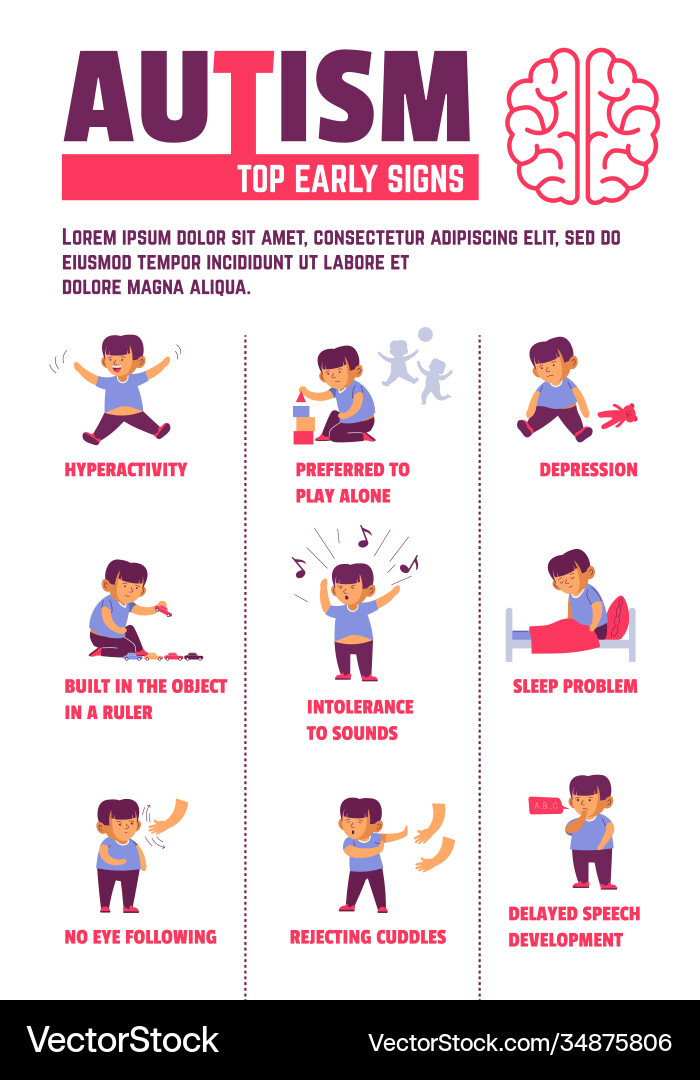 , in a word - wherever we are ... we ... are in danger of being mentally infected.
, in a word - wherever we are ... we ... are in danger of being mentally infected.
That is why the impact on one person requires special professionalism, and in the masses the infection occurs instantly - it is difficult to resist when everyone around behaves in a certain way. The crowd effect works even if everyone is sitting in front of their own separate TV.
Basic brainwashing techniques
I always remembered Bulgakov's professor Preobrazhensky's advice: "Don't read Soviet newspapers before dinner" - and followed it, primarily in relation to our TV. But I had to take a fair dose of the "poison" of today's media in order to understand the methods and techniques that are used to shape public opinion. All these techniques are based on the laws of the functioning of the human psyche. I tried to analyze and systematize them so that they become easily recognizable. Of course, everyone will be able to supplement my list with their own observations.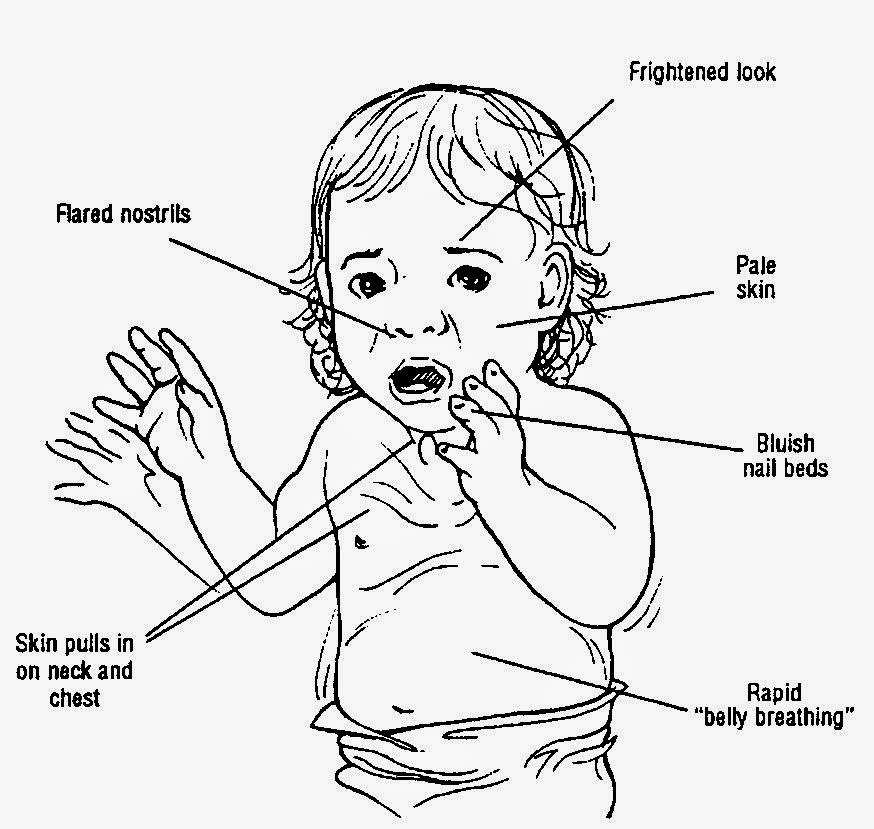 I hope all this will help to build your own protective barrier and save yourself.
I hope all this will help to build your own protective barrier and save yourself.
Distraction
How does a gypsy distract attention? First, a meaningless phrase: "You can ask how to get through ...". Then - a sharp change in topic, intonation: “Oh, girl, I can see by your face that you will have two coffins in your family!”, “Oh, sufferer, your husband is cheating on you, and you know the homeowner.” Changing the topic plunges the victim into confusion, the ability to think is turned off, the subconscious reacts to "dead words". A person is paralyzed by sticky fear, his heart is pounding, his legs give way.
For propaganda, as well as for any other kind of manipulation, it is important to suppress a person's psychological resistance to suggestion. If, at the time of transmission of the message, the attention of the addressee is diverted from its content, then it is difficult to comprehend it and find counterarguments. And counterarguments are the basis of resistance to suggestion.
In what way is our attention diverted?
Information kaleidoscope. How is the TV show usually structured? Short stories follow one another, interspersed with announcements, advertisements, frames flash by, a line with additional news runs at the bottom. At the same time, important information is diluted with rumors from the life of celebrities, from the world of fashion, etc. In ten minutes of watching TV, so many images flash before our eyes that it is impossible to concentrate on anything. This kaleidoscope of disparate information, which a person is not able to comprehend and process, is perceived as a whole. Our attention is scattered, criticality is reduced - and we are open to any "garbage".
Splitting the topic. If information needs to be introduced into consciousness without causing resistance, it is crushed into parts - then it is not easy to comprehend the whole. It seems that everyone reported - something earlier, something later, but in such a way that it is difficult to concentrate and understand what was actually said and what happened.
Sensational and urgent. Often in news programs they impose on us: “Sensation!”, “Urgent!”, “Exclusive!”. The urgency of the message is usually false, far-fetched, but the goal is achieved - attention is diverted. Although the sensation itself is not worth a damn: an elephant gave birth in a zoo, a scandal in the family of a politician, Angelina Jolie had an operation. Such “sensations” are a reason to keep silent about important things that the public does not need to know about.
Information flickers, we are bombarded with "urgent" and "sensational" news - informational noise and high levels of nervousness reduce our ability to criticize and make us more suggestible.
When our brain works at a high speed, it increasingly turns on the "autopilot" and we begin to think in stereotypes, ready-made formulas. In addition, we are forced to rely on the information offered, there is simply no time to check it - and it is easy for the manipulator to convert us to the "correct" faith.
Focus on the secondary. It is also very easy to distract us from pressing social problems. The announcer will talk about a law that seriously worsens the life of the majority as something of no particular importance.
It's like reporting the news in a small-circulation newspaper, and even printing it in small print. But the arguments about the ban on the import of lace underwear, the story of the giraffe will be washed by all the media. And now we are worried.
To take our attention away from reality, we need to create a replacement for it. The media can dictate what we think about by imposing their own agenda for discussion. They throw a ball at us, and we recklessly try to grab it and “play”, forgetting about pressing problems.
Illusion of authenticity
The strongest emotional response creates a feeling of authenticity of events. We seem to fall into this strange reality, not suspecting that this may be a cheap reception, staging, editing.
Presence effect. The film "Apocalypse Now" shows how news stories are filmed. "Run without looking back, as if you were at war!" the director demands. And people run, bend down, noise, explosions, everything is as it really is. Of course, there is honest journalism, and reporters often risk their lives, but such tricks are not uncommon, especially when it comes to propaganda.
Recommended Reading
Five Ways to (Not) Annoy Employees
Thomas Chamorro-Premusic
Don't buy into simple things
The most productive way to develop your leadership skills
Erminia Ibarra
Little giants of big charity
Elizaveta Birger
Log in to read full article
The Big Laundry: How to Avoid Being Brainwashed
The author of several bestselling books, psychologist Marina Melia, in her opinion, took up, in her opinion, not the most pleasant occupation - she watched Russian television a lot and regularly, in particular the news.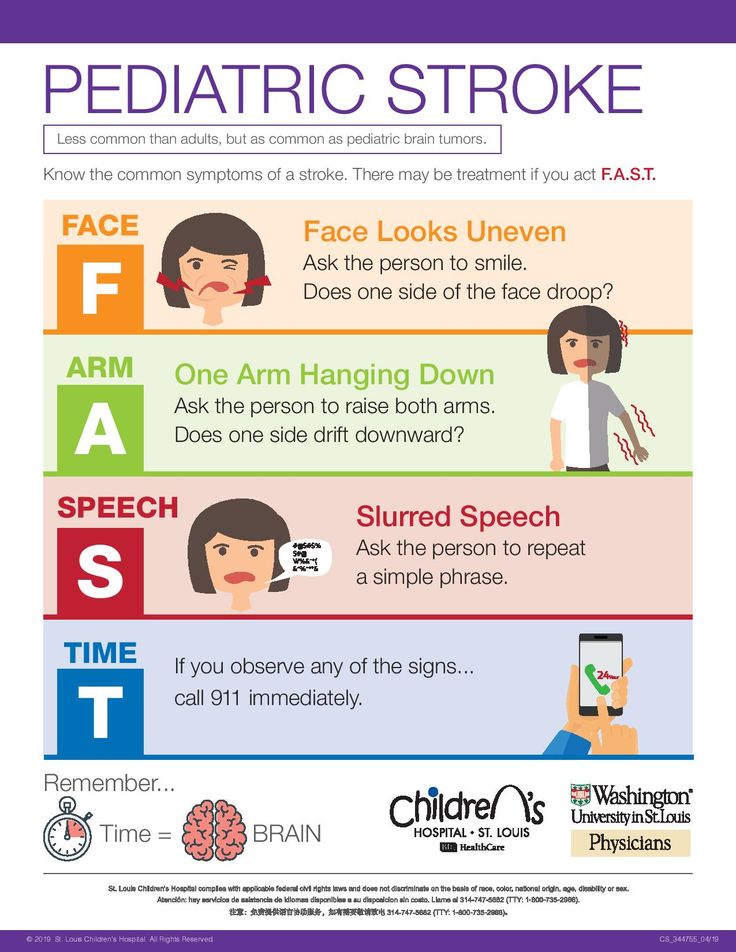 There she looked for examples of methods and techniques that modern media use to shape public opinion. All the information about this is included in the chapter of her new book “Simply about complex - How to keep a clear head when we are brainwashed? » , published by » Alpina Publisher » . Forbes publishes excerpts from this chapter.
There she looked for examples of methods and techniques that modern media use to shape public opinion. All the information about this is included in the chapter of her new book “Simply about complex - How to keep a clear head when we are brainwashed? » , published by » Alpina Publisher » . Forbes publishes excerpts from this chapter.
There is hardly a person who has not been a victim of manipulation at least once. No matter how smart and educated we may consider ourselves, everyone will remember how more than once or twice he succumbed to the persuasion of a fraudster - for example, in the guise of a gypsy or a psychic, fell under the influence of advertising or political propaganda. And it's good if you can just forget an unpleasant episode, but sometimes it affects our lives quite seriously.
A typical example. Two friends who once studied together at a prestigious Moscow university, then worked in the same IT company, were family friends - modern people, with a mathematical mindset, skeptical, ironic - suddenly suddenly became enemies. Almost any conversation now ended in mutual attacks, insults, screams. Eventually they stopped talking altogether. And it all started with the fact that just during the period of the Ukrainian events in 2014, one worked for six months in the Kiev branch of the company, watched Ukrainian television and listened to local radio, while the other remained in Moscow and received information from Russian sources. When they met, each was convinced that the other had been brainwashed. And they were both right.
Two friends who once studied together at a prestigious Moscow university, then worked in the same IT company, were family friends - modern people, with a mathematical mindset, skeptical, ironic - suddenly suddenly became enemies. Almost any conversation now ended in mutual attacks, insults, screams. Eventually they stopped talking altogether. And it all started with the fact that just during the period of the Ukrainian events in 2014, one worked for six months in the Kiev branch of the company, watched Ukrainian television and listened to local radio, while the other remained in Moscow and received information from Russian sources. When they met, each was convinced that the other had been brainwashed. And they were both right.
In order to keep a clear head, prevent discord in relationships with loved ones, and not start massively “destroying” friends in social networks, it is important to learn how to resist suggestion and manipulation. And for this it is worth understanding how the brainwashing mechanism works.
And for this it is worth understanding how the brainwashing mechanism works.
How it works
For the first time the term brainwashing was used in his sensational article, published in 1950 in the Miami News, by a journalist (and at the same time an employee of the CIA propaganda department) Edward Hunter. He literally translated into English the Chinese expression "si-nao" - "brainwash": this is how they spoke about the methods of forced persuasion, which eradicated the "feudal" mentality of the Chinese, brought up in the pre-revolutionary era.
Later, it was described in detail how during the Korean War of 1951-1953, which was fought between two Koreas - South (among its allies was the United States) and North (the Chinese army fought on its side), the Chinese Communists in the camps they controlled for prisoners of war achieved profound behavioral changes in American soldiers, how the individuality of a person was destroyed by psychological and physical influence, his whole worldview was changed.
At first, the "object" was isolated from the familiar environment and alternative sources of information, so that the old attitudes and beliefs were not reinforced from the outside. Then came the turn of vital needs: a person was deprived of food, sleep, basic amenities. Very soon, he became weak-willed and helpless: if basic needs are not satisfied, values and beliefs willy-nilly fade into the background. When the victim was physically and spiritually exhausted and became completely dependent on the "owners", they were inspired by new "truths". For good behavior - a rejection of previous views - they gradually gave out food, allowed to sleep, improved conditions. Gradually, the person accepted the new value system and agreed to cooperate.
When manipulating mass consciousness, physical methods are not used, but the same “three-component” mechanism is used: turn off the rational (reduce critical thinking), cause fear (create a threat), hook on the “hook of a rescuer” (offer a way out).
Turn off the ratio
Usually we perceive the received information quite critically - it is common for a person to instinctively resist the new, not to take anything for granted. We scrutinize the shoes we're about to buy, sniff the food before we put it in our mouths, be suspicious of the news: "Come on, that doesn't happen." But when zombified, our ratio no longer works, and we are ready to believe in anything. Criticism is “turned off” in our country, and we begin to operate with images and “facts” of artificially created and imposed on us social mythology. As Kozma Prutkov said, “many people are like sausages: what they stuff them with, they carry in themselves.”
It has been proved that it is even easier to fool us as a group than individually. Communicating, we influence each other, become infected with other people's emotions. Panic is especially contagious.
Panic is especially contagious.
Influencing one person requires special professionalism, and in the masses, infection occurs instantly - it is difficult to "walk right" when everyone around is "walk left."
The crowd effect works even if each of us sits in a separate apartment, but at the same time watches the same TV show.
Cause fear
How do you turn an adult rational person into a trusting child? Threatening his basic needs. The harshest example is the brainwashing of American prisoners in Korean camps or people who have fallen into sects. Paradoxically, the same method is used in advertising. Of course, we are not deprived of food, water or sleep, but we are immersed in an imaginary world of lack of the most necessary things: the more talented the advertisement, the more reliable the images of people exhausted by lack of sleep, sexual frustration, hunger, thirst, the faster we turn into a “frightened child” and obey the power of the one who will deliver us from torment.
The main thing is to make us afraid in any way. Intimidated people will do anything, even if it is not profitable for them. For example, it is enough just to say the spell "international terrorism" - and we no longer protest when we are searched at the airport, forced to take off our shoes and turn out our pockets.
Manipulation of consciousness involves playing on feelings, turning to fears and prejudices, and any of us have them. National stereotypes and myths are played out. Every nation fears or hates something. For example, for Russians behind the word "fascism" - millions of dead, hatred of enemies, something very terrible. And context doesn't matter anymore. We are told: “Here it is, fascism!” - and immediately the door to the subconscious opens, fears come to life, our pain points become actual. This technique works flawlessly on people with a more developed right hemisphere, emotionally receptive.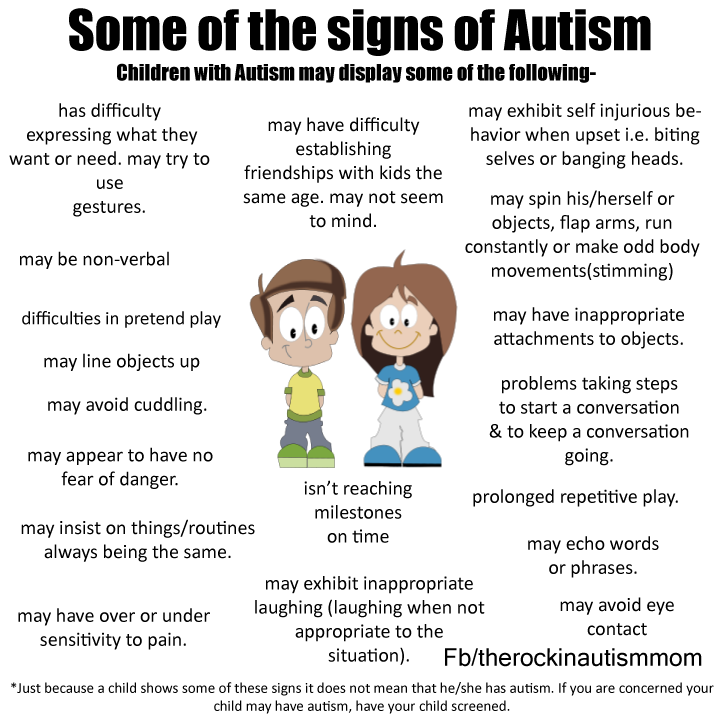
They hit the target and "dead words". In propaganda, these are “fascists”, “bombing”, “junta”. In advertising - "insomnia", "pain", "thirst". The gypsy woman has a different set: "conspiracy to death", "crown of celibacy", "family curse". It is as if we are being driven into a narrow space where there is no place for argumentation, where labels, infantile phrases are used, where reality is explained by simple formulas. "Dead Words" is not designed for critical perception. They must trigger a certain emotional reaction: anxiety, a sense of threat.
Don't think that this is possible in one country and not in another. Of course, somewhere people are generally “more mature”, more rational, they are better aware of their rights and obligations, and somewhere they are more infantile, suggestible, living with myths, emotions, with a “childish” consciousness. Our people are more of a "childish" type. Over the years, we and our parents have developed the habit of “walking in formation” and absolutely trusting the media: if they wrote in the newspaper or said on TV, then it is so. In addition, we are a repeatedly “wounded” nation, we have many real fears that have settled in the subconscious: famine, repressions, revolutions, wars. We had to experience a lot of things from which it is difficult to escape, but which are very easy to influence.
Our people are more of a "childish" type. Over the years, we and our parents have developed the habit of “walking in formation” and absolutely trusting the media: if they wrote in the newspaper or said on TV, then it is so. In addition, we are a repeatedly “wounded” nation, we have many real fears that have settled in the subconscious: famine, repressions, revolutions, wars. We had to experience a lot of things from which it is difficult to escape, but which are very easy to influence.
Introduce the rescue hook
We have been frightened, deprived of self-control and the ability to think critically. And now, when we already feel like a victim and are looking for salvation, a “rescuer” appears to us - and we are ready to fulfill any of his orders.
This technique is well developed among the Gypsies. More than once people came to me for psychotherapeutic receptions, from whom the gypsies pulled out all the money. "How so? They didn’t threaten me with a knife or a pistol, ”they were surprised in hindsight. And the focus is simple. First, the gypsy wins over the victim. Then he suddenly “notices” damage, the crown of celibacy, the evil eye and a terrible disease. Anyone will be frightened, and in a state of passion, we are easily suggestible. At this moment, the gypsy turns into a “rescuer”: “It’s easy to help your grief. This is the evil eye of the envious. Gild the pen...” And the victims give them everything voluntarily.
More than once people came to me for psychotherapeutic receptions, from whom the gypsies pulled out all the money. "How so? They didn’t threaten me with a knife or a pistol, ”they were surprised in hindsight. And the focus is simple. First, the gypsy wins over the victim. Then he suddenly “notices” damage, the crown of celibacy, the evil eye and a terrible disease. Anyone will be frightened, and in a state of passion, we are easily suggestible. At this moment, the gypsy turns into a “rescuer”: “It’s easy to help your grief. This is the evil eye of the envious. Gild the pen...” And the victims give them everything voluntarily.
When faced with difficulties, we look for simple answers and seek to remedy the situation with simple actions, including completely unreasonable ones. In advertising, “salvation” is also always offered through pseudo-logic, building a false causal relationship between phenomena: drink this coffee - you will become rich, chew this gum - girls will like it, wash it with this powder - and the husband will never leave for another.
Propaganda "works" the same way. They frighten us with what we are truly afraid of: wars, fascism, the junta, the dead, the wounded.
And against the backdrop of all this nightmare, they show - this is the way of salvation: for example, to create a strong state that will protect, which the rest are afraid of.
Brainwashing techniques
Distraction
How does a gypsy distract attention? First, a meaningless phrase: “Don’t tell me how to get through ...” Then a sharp change in topic, intonation: “Oh, girl, I can see by your face that you will have two coffins in your family!”, “Oh, sufferer, your husband cheats, and you know the lovebird. Changing the topic throws the victim into confusion, the ability to think is turned off, the subconscious reacts to "dead words".
Changing the topic throws the victim into confusion, the ability to think is turned off, the subconscious reacts to "dead words".
For propaganda, as for any other kind of manipulation, it is important to suppress the psychological resistance to suggestion. If, at the time of transmission of the message, the attention of the addressee is diverted from its content, then it is difficult to comprehend it and find counterarguments. And counterarguments are the basis of resistance to suggestion.
In what ways are our attention diverted? Information kaleidoscope. TV shows are usually built like this: short stories replace one another, interspersed with announcements, advertisements, frames flash, a line with additional news runs at the bottom. At the same time, important information is diluted with rumors from the life of celebrities, from the world of fashion, etc.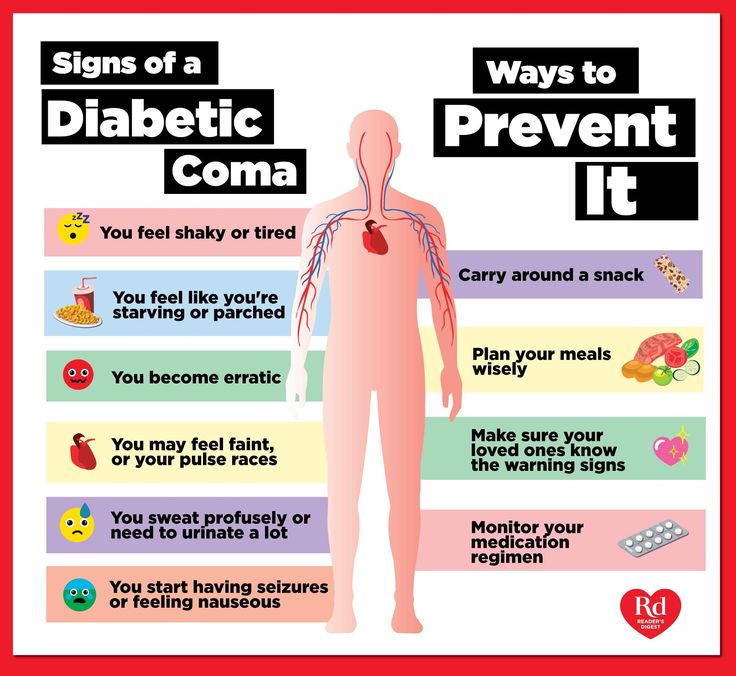 In ten minutes of viewing, so many images flash before our eyes that it is impossible to concentrate on anything. This kaleidoscope of disparate information, which we are not able to comprehend and process, is perceived as a whole. Our attention is scattered, criticality is reduced - and we are open to any "garbage".
In ten minutes of viewing, so many images flash before our eyes that it is impossible to concentrate on anything. This kaleidoscope of disparate information, which we are not able to comprehend and process, is perceived as a whole. Our attention is scattered, criticality is reduced - and we are open to any "garbage".
Topic fragmentation. If information needs to be introduced into consciousness without causing resistance, it is split into parts - then it becomes more difficult to comprehend the whole. It seems that everyone reported - one earlier, the other later, but in such a way that it is difficult to concentrate and understand what really happened.
Sensational and urgent. When we are bombarded with "urgent", "sensational" news, informational noise, passions and nervousness reduce our criticality, and we become more suggestible.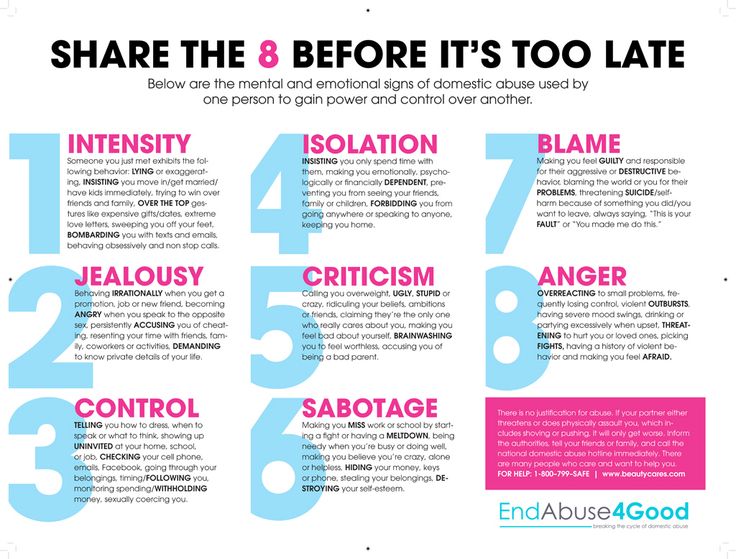 Our brain works at high speed, it increasingly turns on the "autopilot", and we begin to think in stereotypes, ready-made formulas. In addition, we are forced to rely on the information offered, there is simply no time to check it - and it is easier for the manipulator to convert us to the "correct" faith.
Our brain works at high speed, it increasingly turns on the "autopilot", and we begin to think in stereotypes, ready-made formulas. In addition, we are forced to rely on the information offered, there is simply no time to check it - and it is easier for the manipulator to convert us to the "correct" faith.
Focus on the secondary. It is also very easy to distract us from the disturbing social problems. The announcer will talk about the new law, which will lead to a serious decrease in the standard of living, as something of no particular importance. But arguments about a ban on the import of lacy underwear or the story of a giraffe that was fed to lions in a Danish zoo will be washed out by all media.
To divert our attention from reality, from what is really important to us, we need to offer something in return. The media can dictate what we think about by imposing their agenda for discussion.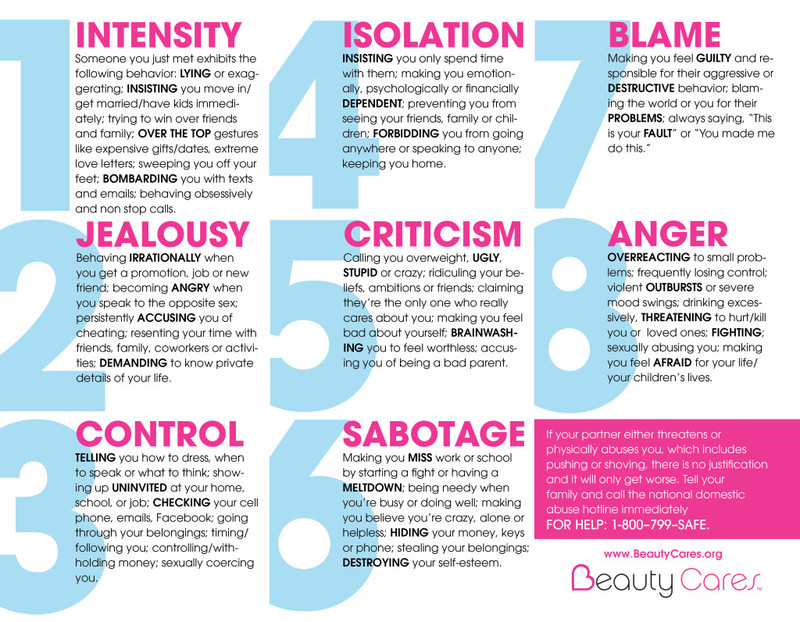 They throw the ball to us, and we recklessly try to grab it and “play”, forgetting about pressing problems.
They throw the ball to us, and we recklessly try to grab it and “play”, forgetting about pressing problems.
Illusion of authenticity
The strongest emotional response creates a feeling of authenticity of events.
Presence effect. The film "Apocalypse Now" shows how news stories are filmed. "Run without looking back, as if you were at war!" the director demands. And people run, bend down, noise, explosions, everything is as it really is. Of course, there is honest journalism, and reporters often risk their lives, but such tricks are not uncommon, especially when it comes to propaganda.
Eyewitnesses. "Eyewitnesses" in the news are not much different from "eyewitnesses" in advertising. Here is a young woman, stammering, with ostentatious uncertainty, tells how her son, playing football, soiled his T-shirt, and she washed it. In the news, supposedly random people are interviewed, and from their words a semantic and emotional series is formed, which must be introduced into our consciousness. The strongest impression is made by crying old people, children, young invalids.
Here is a young woman, stammering, with ostentatious uncertainty, tells how her son, playing football, soiled his T-shirt, and she washed it. In the news, supposedly random people are interviewed, and from their words a semantic and emotional series is formed, which must be introduced into our consciousness. The strongest impression is made by crying old people, children, young invalids.
October 19In the 1990s, the world media spread the news: according to a 15-year-old Kuwaiti girl, Iraqi soldiers pulled babies out of the maternity hospital and threw them on the cold floor to die - the girl saw it with her own eyes. The girl's name was withheld for security reasons. During the 40 days before the invasion of Iraq, President Bush repeatedly recalled this story, and the US Senate, when discussing future military action, also referred to this fact.
Later it turned out that the girl was the daughter of the Kuwaiti ambassador to the United States, and the rest of the "witnesses" were prepared by the Hill & Knowlton PR agency. But when the troops were already brought in, no one cared about the truth.
But when the troops were already brought in, no one cared about the truth.
A similar story on Russian television with the story of a “witness” about how a boy was crucified, and his mother was tied to a tank and dragged until she died, was made according to the same scheme: there is no documentary filming, the illusion of reliability is based on the words of “eyewitnesses ".
Anonymous authority. His name is not given, the documents quoted are not shown - it is assumed that references to authority add credibility. “Scientists, on the basis of many years of research, have established ...” - which scientists? "Doctors recommend toothpaste ..." - what kind of doctor? "A source from the president's inner circle, who wished to remain anonymous, reports...", etc. Such information is most often pure propaganda or hidden advertising, but the source is unknown and the journalists are not responsible for the lies.
Halo effect. Popular people - actors, athletes, musicians - often become "agents of influence": they convince fans of what they themselves do not really understand. They are skillfully used by politicians and advertisers, because it is known that if a person is an authority for us in one thing, then we are ready to believe him in another.
Substitution
One of the most important methods of brainwashing is the substitution of one fact or phenomenon for another, often with a completely opposite sign.
Create associations. The essence of the reception is to bind a certain object to what the mass consciousness perceives as unequivocally bad or good. One side says: fascists. Other: terrorists. Such metaphors enable associative thinking and save our intellectual efforts. We are being driven into yet another propaganda trap. And so, instead of comprehending the essence of the problem, we cling to these associations, false analogies and metaphors. This is how our brain is arranged: at every opportunity it tries not to do unnecessary work.
Such metaphors enable associative thinking and save our intellectual efforts. We are being driven into yet another propaganda trap. And so, instead of comprehending the essence of the problem, we cling to these associations, false analogies and metaphors. This is how our brain is arranged: at every opportunity it tries not to do unnecessary work.
In fact, associations and metaphors rarely clarify the essence of the matter. For example, we are told: "Putin is like Peter the Great." We are hinted that we know what the times of Peter and the results of his activities really were. “Ah, well, I understand,” we agree, although in fact we don’t understand anything.
When information is associated with known facts, phenomena, people whom we perceive positively, a positive emotional transfer occurs.
Messages are often reinforced with video. For example, we are told about something, and on the screen - Hitler, the Nazis, the swastika, everything that causes fear and disgust in us. The information itself has nothing to do with German Nazism, but in our minds one has already grappled with the other.
For example, we are told about something, and on the screen - Hitler, the Nazis, the swastika, everything that causes fear and disgust in us. The information itself has nothing to do with German Nazism, but in our minds one has already grappled with the other.
A conditioned reflex connection is also used. Say, one event (a person, a product) is presented as good, another as bad. When they talk about good things, the background is an optimistic, pleasant melody that we all love. If they show “bad”, disturbing music sounds and sad faces flash. Everything: the conditioned reflex circuit is closed.
Sign change. The main purpose of the reception is to call black white and white black, change "plus" to "minus" or vice versa. You can "recolor" any events, call pogroms protest demonstrations, bandits - freedom fighters, mercenaries - volunteers.
Outright fraud. In order to create the right mood in society, the desired is presented as reality. For example, the news reports that "in the opposition camp, confusion and vacillation", "demand for prestigious offices in the center exceeds supply." And since the majority thinks in stereotypes - "since everyone is talking about it, then it is the way it is." In fact, the "facts" are taken from the ceiling.
In elections, we are often guided by sociological ratings: we want to vote for the strong, not for the weak. If the average citizen, who strives to be “like everyone else”, creates the feeling that he is in the minority, he will vote for the one with whom the majority is.
Figures, graphs generally make us believe what we are told: wrinkles disappear by 90%, complexion improves by 30%, the number of people supporting such and such a politician has doubled.
Strengthening
Typical signs of a person's behavior in a crowd are the predominance of situational feelings, loss of responsibility and the ability to think independently, increased suggestibility, easy controllability, etc. All this can be enhanced in many ways: lighting, music, posters. At show programs, mass political events, election concerts, where pop stars shout something like “Vote or lose!”, we become infected with a certain mood - and it is already possible to introduce the necessary information into us.
Repetition
If we repeat the same thought in simple phrases, we get used to it and begin to consider it our own. What we remember always seems convincing to us, even if the memorization occurred during the mechanical repetition of a commercial or an annoying song. Before the April 1993 referendum, all you could hear on radio and TV was: “Yes, yes, no, yes.” Came to vote. How to answer? Yes, yes, no, yes. Everything, no questions. And today, many will remember this “slogan”, but few will say for what or against what these “Yes, yes, no, yes” were.
Before the April 1993 referendum, all you could hear on radio and TV was: “Yes, yes, no, yes.” Came to vote. How to answer? Yes, yes, no, yes. Everything, no questions. And today, many will remember this “slogan”, but few will say for what or against what these “Yes, yes, no, yes” were.
Why do such “miracles” happen? Repetition effectively affects the poorly controlled subconscious and leads to the unconscious assimilation of other people's formulations, thoughts, ideas and views.
Goebbels, the famous brainwashing virtuoso, said: “The masses name the true information that is most familiar. Ordinary people are usually much more primitive than we imagine ... The most outstanding results ... will be achieved by those who are able to reduce problems to the simplest words and expressions and who have the courage to constantly repeat them in this simplified form, despite the objections of highbrow intellectuals.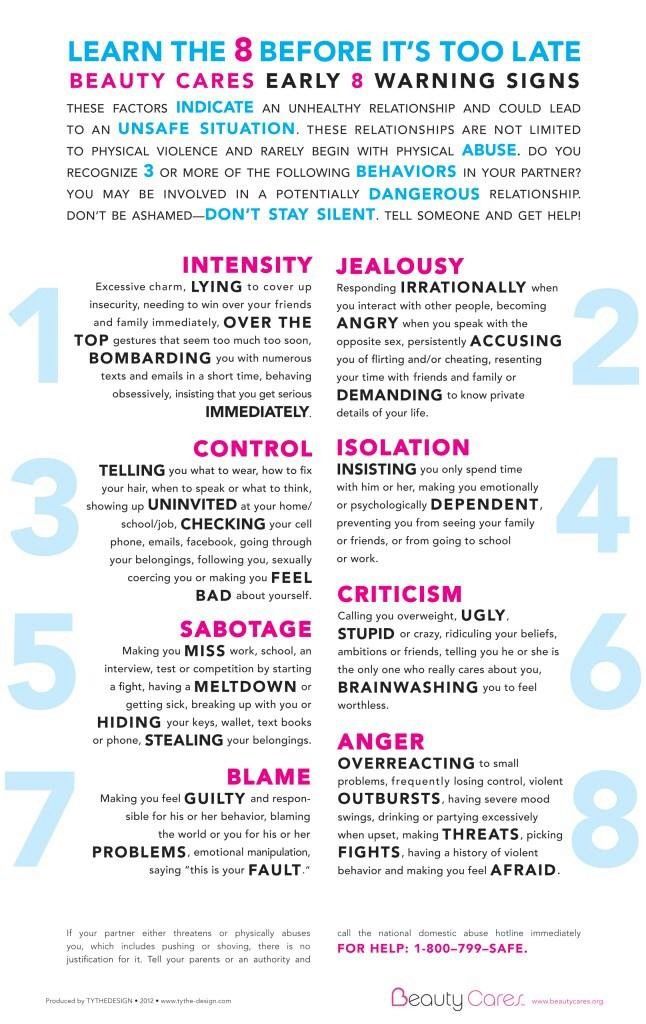
In the 1980s, political psychologists Donald Kinder and Shanto Iyengar conducted an experiment. They edited the evening news in such a way as to focus the attention of viewers on one problem, and the rest went in the background: for example, the first group of subjects was told about the weakness of American defense every day, the second was frightened by bad ecology, the third - by growing inflation. As a result, a week later, most of the participants in the experiment were convinced that the problem that was emphasized in “their” news should be addressed by the country in the first place, and they evaluated the current US president by how he copes with it.
It turns out that the manipulator does not have to fight with the enemy's ideas, it is enough to tirelessly repeat the necessary formulations.
What to do?
First, let's understand what happens to us when we fall under the scope of skilled manipulators.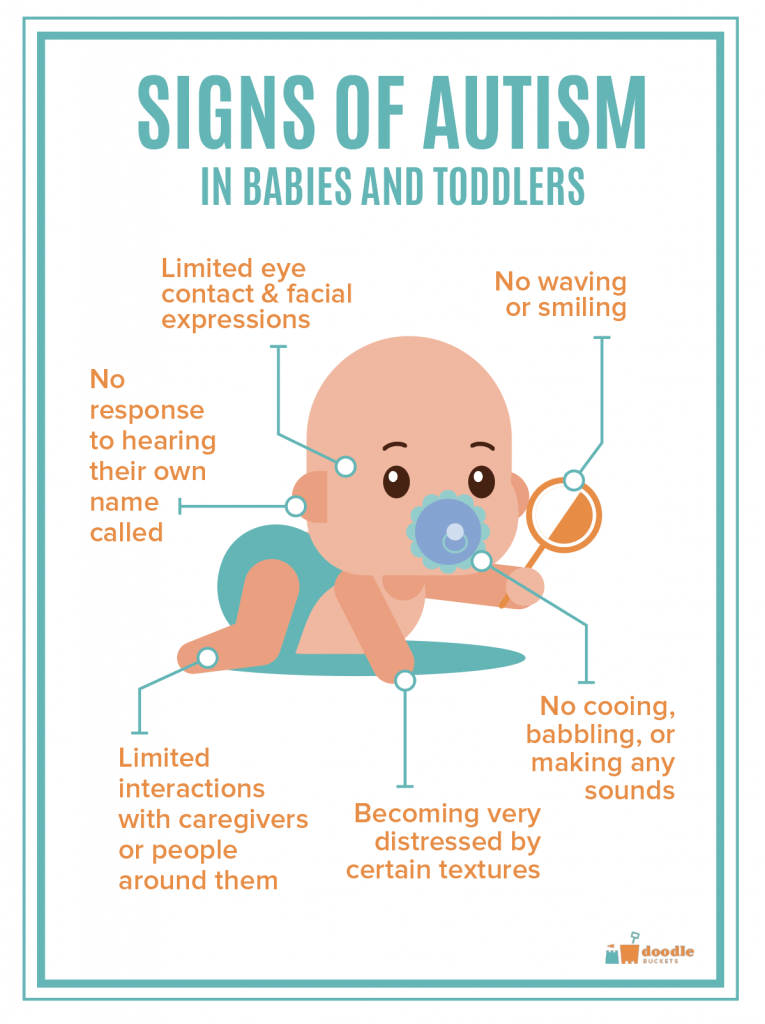 We become uncritical, we think with imposed stereotypes, we are content with simple answers to complex life questions, we believe only in our own truth, we are intolerant of other people's opinions. There is social polarization in society, even the most sensible, reasonable and objective people begin to think bipolar.
We become uncritical, we think with imposed stereotypes, we are content with simple answers to complex life questions, we believe only in our own truth, we are intolerant of other people's opinions. There is social polarization in society, even the most sensible, reasonable and objective people begin to think bipolar.
We no longer have time to think, we must quickly decide, urgently take a position.
Each side hears only itself and resents what the opponent says. We seem to close ourselves in an information cocoon and happily catch only “our” information. We stop thinking for ourselves: we start speaking in clichés, repeating remarks from newspapers, television and radio programs. Stamping simple views, simple oppositions destroys the complex reality of life and, in general, the meaning. The result is a split into two warring camps. Meanwhile, the polar truths feed each other, forming a single whole, a kind of symbiosis, because they cannot exist without each other. Bipolar simplification leads to aggression.
Bipolar simplification leads to aggression.
In order not to be manipulated, the main thing is to become an adult. What does it mean? To regain the ability to analyze information, to maintain an unclouded consciousness with a high level of criticality, to abandon simple recipes, because there are many other shades besides black and white. The more difficult a person perceives reality, the less aggression in him.
And, of course, do not be offended by the government, propaganda or advertising. All over the world, rulers and intellectuals are two poles. Power, the state strives for uniformity, the task of the state is to simplify everything, because it is difficult, as Mitterrand said, to manage a nation that knows 300 varieties of cheese. And the intellectual reproduces complexity, his task is not to be afraid of diversity, otherness, to be able to be in the minority and live in conditions of uncertainty, when it is not clear who is “good” and who is “bad”.